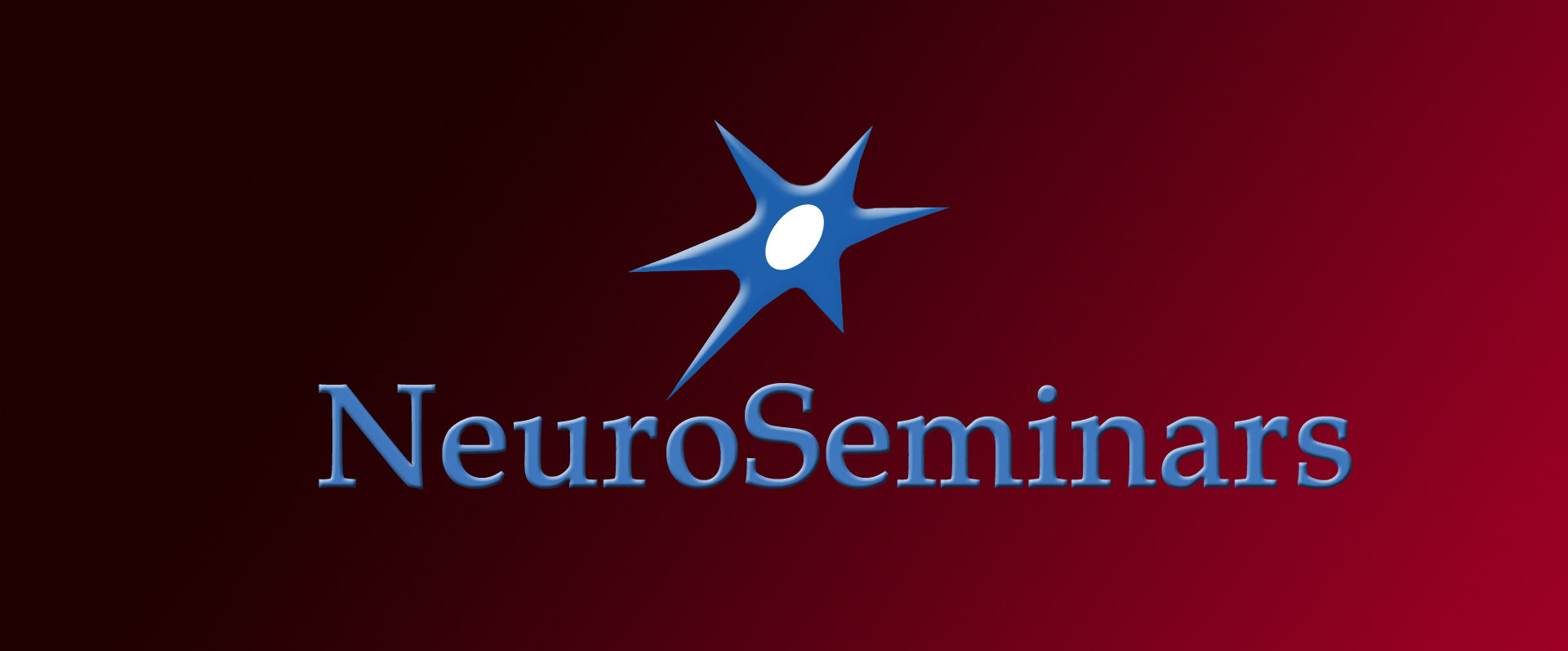About Us
Neurology has been at the heart of the Chiropractic profession since its very beginning. But it is only in recent years that advances in clinical neuroscience have allowed us to truly understand how our treatment affects the nervous system; and how this effect allows us to restore and preserve good structure and function within the musculoskeletal system. Although neuroanatomy and neurology form a substantial part of the chiropractic undergraduate curriculum, very few chiropractors use this knowledge in the day-to-day treatment of their patients; it tends to be used solely to rule out gross neurological pathology. The aim of Neuroseminars is to introduce more chiropractors and other practitioners of manual therapy, such as osteopaths and physiotherapists, to the practical aspects of functional neurology.
Chiropractors excel in their ability to detect subtle differences in musculoskeletal structure and function, for example through muscle testing, feeling for joint restrictions and checking for leg length discrepancies. Our seminars will teach you how to transfer these same skills to neurological testing. Functional imbalances within the brain frequently cause or contribute to patients’ presenting complaints. For example they can cause:
- Muscle imbalances and muscle weakness patterns. Cerebellar dysfunction, for instance, can produce spinal intrinsic muscle weakness and spinal instability that does not respond well to segmental adjusting alone. Having the ability to detect and treat the underlying cause of your patient’s problems will help you to prevent recurrences.
- Altered angulations of peripheral joints. This predisposes to peripheral entrapment neuropathies and conditions such as impingement syndrome, tennis elbow, IT-band syndrome, plantar fasciitis etc.
- Autonomic dysregulation, such as increased blood pressure, tachycardia, cardiac arrhythmia, reduced oxygen perfusion and other symptoms associated with increased activity of the sympathetic nervous system. Increased sympathetic activity is associated with increased sensitisation to pain and chronic pain states. This, coupled with reduced oxygen perfusion, hinders recovery from injury and predisposes to long-term pain and disability.
- Reduced joint position sense. This will increase the likelihood of injury and impair healing after injury.
- Developmental delay syndromes, such as ADD, ADHD, dyslexia and dyspraxia.
You will learn how to address functional imbalances within the brain using your existing techniques; but you will also be shown new treatment interventions, such as fast-stretch adjusting, coupled-motion adjusting, vestibular stimulation, as well as various physical and mental exercises which are designed to activate different regions of the brain. Our seminars will provide you with a better understanding of the deeper causes of pain and dysfunction, allowing you to tailor your treatment more closely to the individual patient.
You will gain a better appreciation of how what you do works (or in some instances doesn’t work), and on a broader scale why chiropractic and manual therapy in general are so successful for the majority of patients.
Functional neurological testing skills will help you in your assessment of new patients; but they are also an invaluable quick and simple means of pre- and post-testing to objectively evaluate the effectiveness of your treatments – patients like it a lot when they swayed on Romberg’s before treatment, but stood perfectly still after.
All seminars will be interactive with numerous practical sessions throughout the day to develop your newly learnt clinical skills. Delegate numbers are limited to ensure that each individual receives sufficient attention during the practicals. Practitioners and students of all regulated manual therapy disciplines are welcome.
Our Speakers:
Nicole Oliver, DC, MChiro, BSc(Hons), DACNB
Nicole graduated from AECC in 2005 and began studying functional neurology in 2006. She gained the Diplomate of the American Chiropractic Neurology Board (DACNB) qualification four years later. Alongside clinical practice she lectures for Neuroseminars, teaching functional neurology to chiropractors, osteopaths, physiotherapists and other health care professionals in the UK and Europe. Nicole has presented at several conferences and conventions, including the 2014 & 2016 European Chiropractors Union (ECU) Conventions, the 2019 World Federation of Chiropractic (WFC) Congress, and at the annual or biannual conferences/ meetings of the Swiss, German, Norwegian, Belgian, Finnish, Swedish, Irish and Scottish national associations.
Darren Barnes‐Heath, DC, BSc(Hons), CCEP, MRCC (Paediatrics)
Darren has 21 years of clinical experience during which he has studied extensively, including over 800 hours of functional neurology through the Carrick Institute. Darren peer reviews research articles on developmental neurology and lectures on functional neurology and nutrition to chiropractors, various health professionals, teachers and parents. Both Darren and Nicole practice at Newland Chiropractic Clinic in Lincoln.
